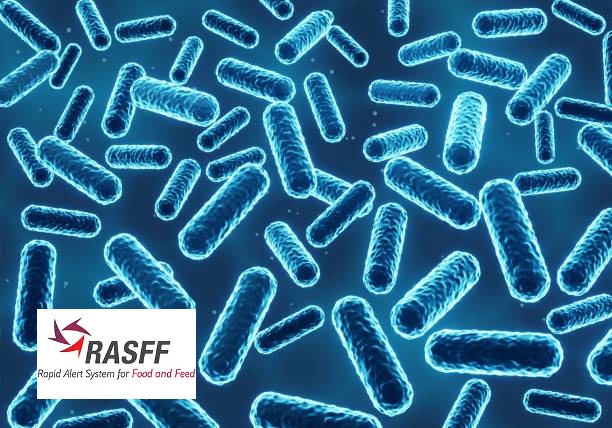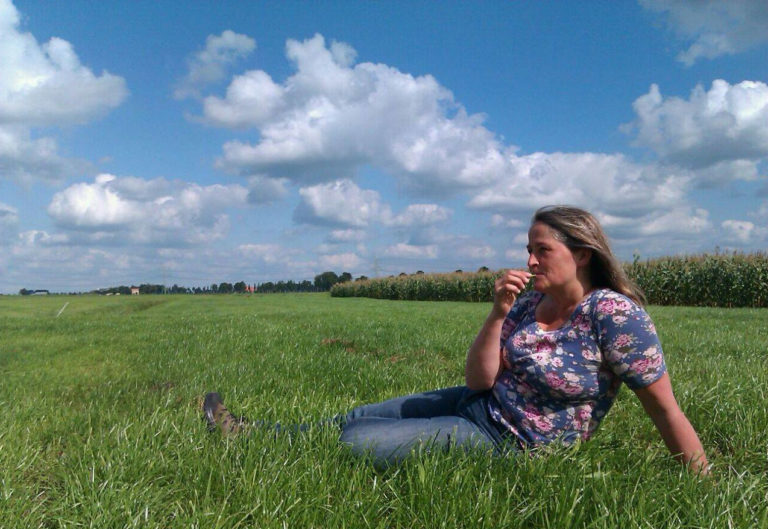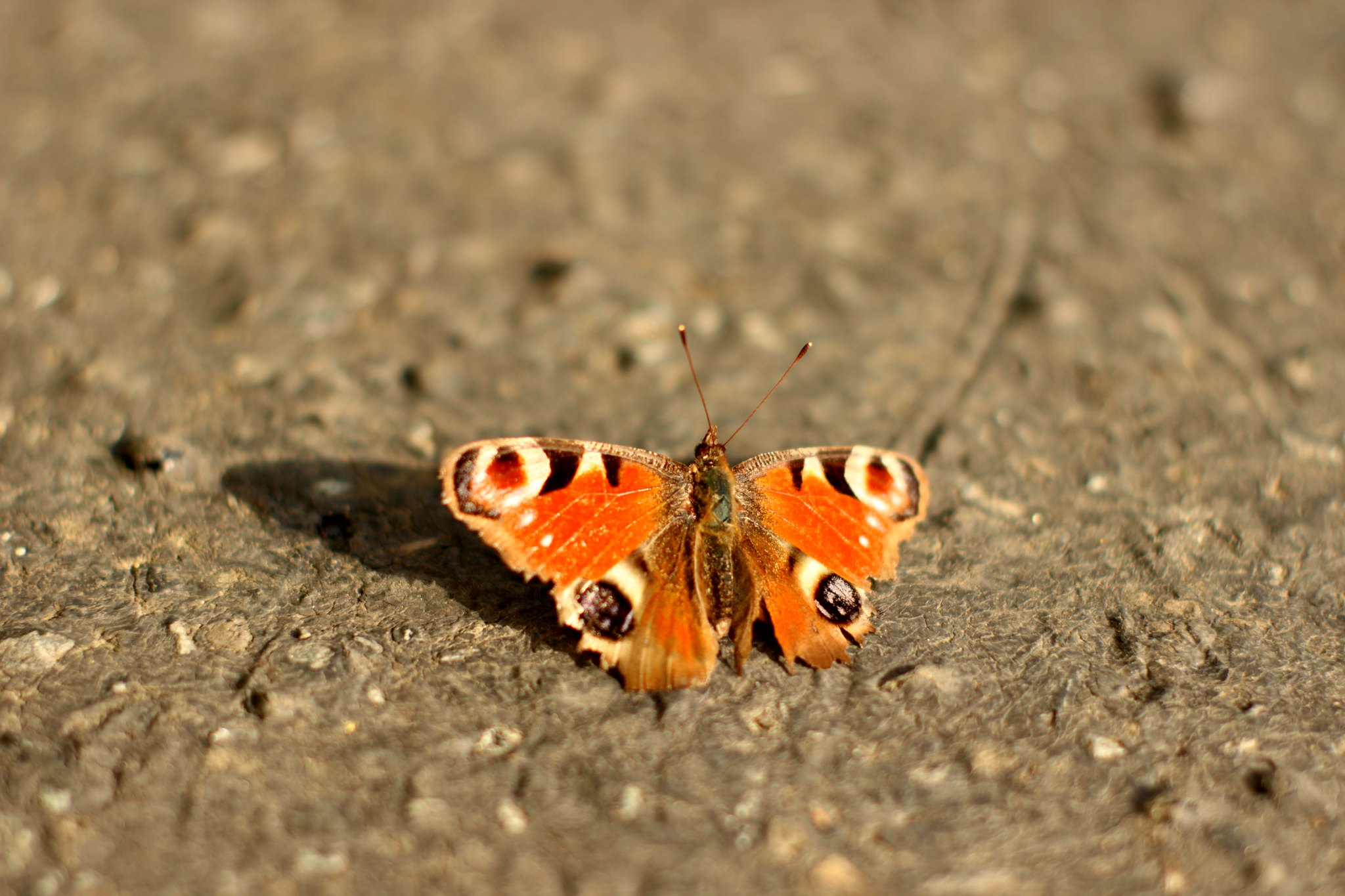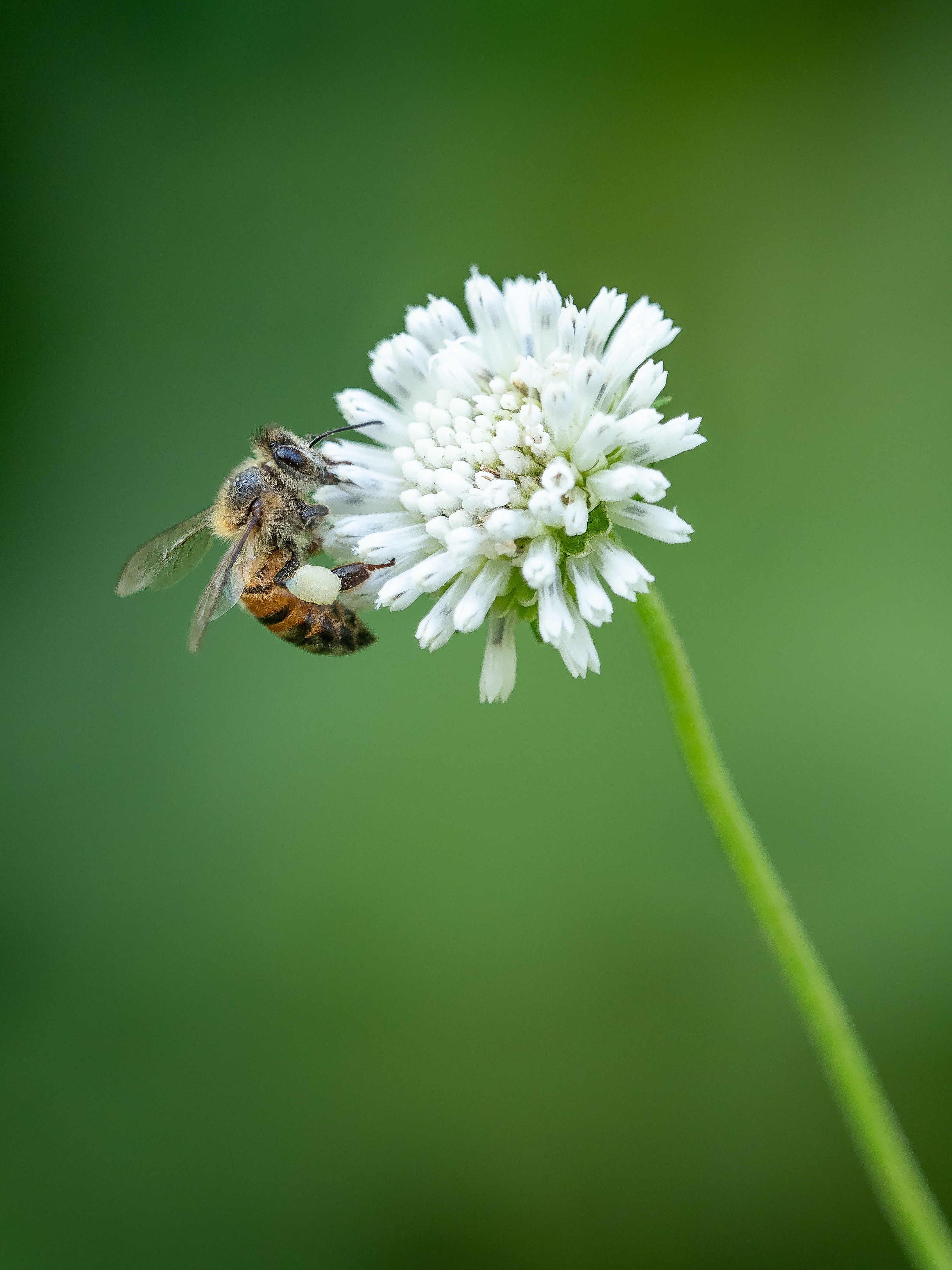ALLEMAGNE – du miel au colza OGM
Greenpeace a découvert des traces de colza génétiquement modifié SeedLink dans du “Miel de prairie” canadien issu de l’agriculture biologique et vendu en Allemagne. Au Canada, étant donné les superficies cultivées avec des OGM, il sera bientôt impossible de garantir des produits certifiés sans OGM si des mesures de ségrégations ne sont pas prises. Le colza SeedLink n’a pas reçu d’autorisation européenne.
Press release, 16 January 2002
Banned GM rape honey at German “green week” ?
Greenpeace calls for more consumer protection
Hamburg / Berlin, 16 Jan. – Greenpeace analyses of Canadian honey being sold at the German “green week” agricultural fair have discovered genetically modified rape pollen. The environ-mental organi-sation announced this in Berlin after having last Monday contracted an independ-ent laboratory to make the analyses. Traces of “Seedlink” genetically manipulated rape were found in so-called Canadian prairie honey, which is being sold at the green week fair without it being so labelled or carrying an appropriate warning to consumers. The sale of this product is prohibited in Germany. Greenpeace is having the samples of honey tested by a second laboratory.
In connection with this Greenpeace is underlining its demand for a consumer information law. Such a law must for example enable the authorities to publicly name a product and its manu-facturer the moment contaminated food is discovered. If a German authority had discovered the honey its finding would according to the present law not be published until the summer of 2003, and without the manufacturer being named.
“GM rape is not permitted in Europe,” explains Martin Kraemer, a beekeeper and agricultural expert at Greenpeace. “So honey containing this rape-flower pollen is not allowed to be sold here. The honey ought to withdrawn from sale immediately, until conclusive analyses are available.” The genes detected in the honey belong to plants which have twice been genetically modified. Their pollen has been made infertile and the plants are immune to sprays. In Greenpeace’s view the fact that the pollen has been detected in honey from the Canadian prairie is particularly a cause for concern. This makes it clear how far pollen spreads from GM rape fields.
When bees fly onto the flowers of genetically modified plants, their pollen gets into the honey. While GM rape can so far only be planted on trial fields in the EU, in 1999 there were already three to three and half million acres of it growing in Canada. This is equivalent to over sixty per cent of land on which rape is grown there.
The agriculture minister, Renate Kuenast (Greens), is today presenting a new option for con-sumers on the internet. More transparency for consumers on the food they eat is supposed to be being created under www.was-wir.essen.de. In Greenpeace’s view this internet portal is not enough. The consumer information law agreed to by Ms Kuenast is still being waited for. At the moment it looks doubtful if this regulation can still be decided on in this term of office at all. Only such a law will enable consumers to obtain information on products in which legally im-permis-sible components have been found.










